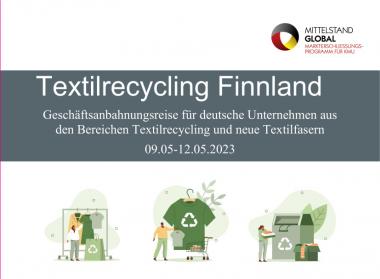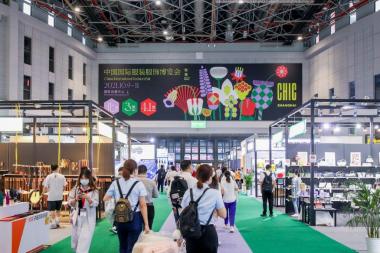Weiterbildungskonzept für mehr Nachhaltigkeit in Textil-KMUs
Die Hochschule Albstadt-Sigmaringen und der Gesamtverband der deutschen Maschenindustrie arbeiten in einem gemeinsamen Forschungsprojekt an einem Weiterbildungsprogramm zur Förderung der Nachhaltigkeit in Textilunternehmen, das speziell auf die Bedürfnisse kleiner und mittlerer Firmen zugeschnitten ist. Das innovative Konzept soll eine flexible und interaktive Weiterbildung in den Unternehmen ermöglichen. Ziel ist es, Nachhaltigkeit entlang der gesamten Wertschöpfungskette zu fördern und Unternehmen dabei zu unterstützen, ihre ökologische und soziale Verantwortung wahrzunehmen. Gefördert wird das Projekt von der Deutschen Bundesstiftung Umwelt.
Hauptkomponente des Weiterbildungsprogramms ist eine Online-Plattform, auf der Schulungseinheiten zu verschiedenen Aspekten der Kreislaufwirtschaft bereitgestellt werden. Die Inhalte sind für effektives asynchrones Lernen optimiert und werden durch interaktive digitale Ansätze und Medienkonzepte ergänzt. „Zusätzlich zur Online-Plattform können die Trainingsinhalte in Form von Workshops individuell an die Bedürfnisse der Unternehmen angepasst werden“, sagt Projektleiter Marc Weisser. Darüber hinaus bestehe die Möglichkeit, gemeinsam mit der Hochschule neue innovative Ansätze zu entwickeln.
Über einen Zeitraum von 36 Monaten werden die Bedürfnisse der Zielgruppe ermittelt und ein langfristiges Geschäftsmodell entwickelt. Basierend auf den Anforderungen der kleinen und mittleren Unternehmen werden konkrete Inhalte für das Weiterbildungsprogramm erarbeitet und in Module und Lernpfade strukturiert. Geeignete Schulungsformate und -konzepte werden entwickelt, um die Inhalte effektiv und ansprechend zu vermitteln und den Lernerfolg zu fördern. Das entstandene Schulungsformat wird abschließend durch einen Testlauf mit Unternehmen des projektbegleitenden Ausschusses evaluiert, um Stärken und Schwächen zu identifizieren und zu optimieren.
„Das Fort- und Weiterbildungsprogramm soll allen Mitarbeitenden in Textil- und Bekleidungsunternehmen zugänglich sein und deren individuellen Kenntnisstand berücksichtigen“, so Weisser. Die Teilnahme ist sowohl in Präsenz als auch online möglich und kann asynchron erfolgen. „Dadurch sind die Teilnehmenden flexibel, und die Unternehmen können ihre Mitarbeitenden auch im Homeoffice und an Remote-Arbeitsplätzen weiterbilden.“
Hochschule Albstadt-Sigmaringen













